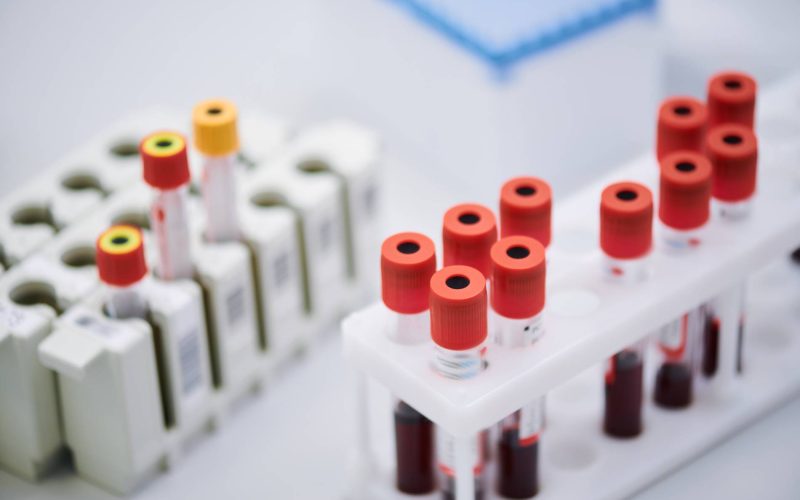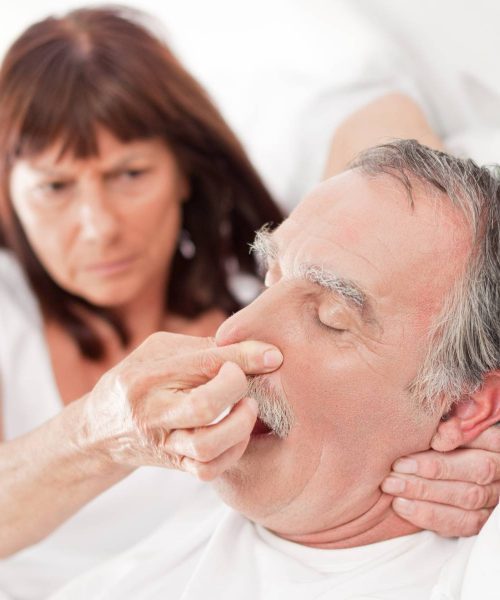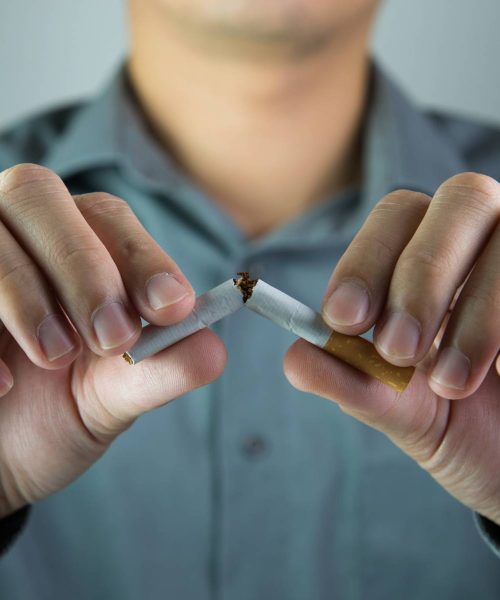In recent years, the use of swab drug tests has gained significant popularity as a trending method for checking drug use. This non-invasive test, which collects saliva as the sample, is becoming an effective alternative to traditional urine and blood tests. With its ease of administration and immediate results, swab drug tests are revolutionizing the field of drug screening.
Understanding Swab Drug Tests
A swab drug test involves the collection of a saliva sample using specialized swabs. Unlike other tests that require needles or urine collection, swab tests offer a hassle-free experience, making them more widely utilized. Additionally, the risk of infection associated with invasive methods is almost non-existent, ensuring a safer testing process.
Benefits of Swab Drug Tests
One significant advantage of swab drug tests is that they eliminate the need for witnesses during urine sample collection. Many individuals find it uncomfortable to provide a urine sample under observation, making swab tests a more preferred option. Moreover, since the samples are collected directly from the mouth, the risk of sample tampering is significantly reduced.
Accuracy of Swab Drug Tests
Swab drug tests have been extensively researched and clinically tested, confirming that the drug concentration in saliva reflects that of a blood sample. This correlation ensures the accuracy of the test results, providing reliable information regarding the presence of prohibited drugs in an individual’s system.
Easy Administration Process
One of the key advantages of swab drug tests is their simplicity. The procedure involves placing a swab between the gums and lower cheeks for a few minutes to collect the saliva sample. Once the pad absorbs the saliva and becomes wet, it is placed inside a vial to prevent sample contamination. The vial is then submitted to a laboratory for drug testing, where the presence of drugs in the saliva sample is determined.
Types of Swab Drug Testing Kits
There are various types of swab drug testing kits available to cater to different needs. Law enforcement agencies often use professional-grade kits for their drug screening procedures. On the other hand, parents may choose to purchase home testing kits to monitor their children for drug use. These kits are typically effective in detecting drug usage within a 24-hour timeframe.
The Advantages of Swab Drug Tests
Swab drug tests offer numerous advantages that benefit both the individuals providing the sample and the professionals conducting the tests. These advantages contribute to the increasing popularity of swab tests as a preferred method of drug screening.
Convenience and Comfort
Swab tests eliminate the discomfort experienced during urine collection witnessed by others. With the swab method, individuals can provide their saliva samples with ease and privacy. The non-invasive nature of the test significantly reduces discomfort, making it a preferred choice for many.
Reduced Risk of Infection
By eliminating the need for needles or invasive procedures, swab drug tests minimize the risk of infection. This aspect is particularly crucial in high-volume testing scenarios, where maintaining a safe and hygienic environment is paramount.
Quick and Accurate Results
Swab drug tests provide rapid and precise results, making them highly efficient. The turnaround time for obtaining results is relatively short, allowing for timely decision-making in various settings, such as workplace drug screenings or emergency situations.
Embracing Swab Drug Tests for Effective Drug Screening
In conclusion, swab drug tests offer a convenient, accurate, and efficient method for drug screening. With their non-invasive nature and quick results, they have become an increasingly popular choice in various fields, including law enforcement and parental monitoring.
By opting for swab drug tests, individuals and organizations can ensure reliable and timely detection of prohibited substances. This advancement in drug screening technology provides a safer and more convenient experience for both those being tested and those conducting the tests.







